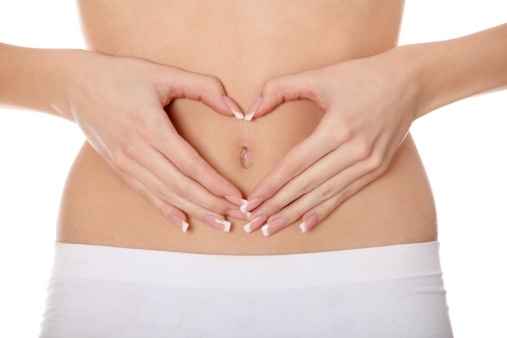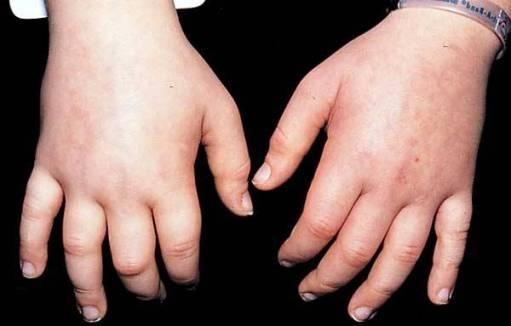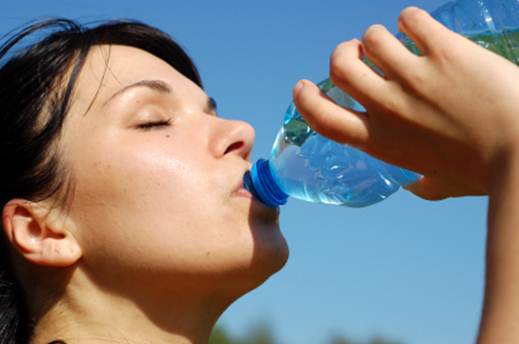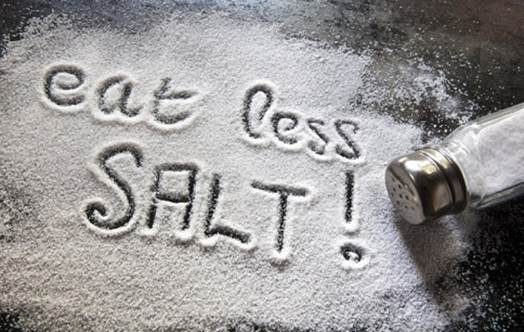You woke up after a night eating too much
salt-dried potato and margaritas. You were panic when looking at the mirror and
recognized the full cheeks like the ground squirrel and swollen eyes. You
cannot take the wedding ring off your finger, and when standing on the balance,
you recognized that you had gained 3 pounds during last light. The worse thing
is that you wear jeans but cannot fasten the button. Or, after one day working
tiredly, you have to try hard to put your swollen feet into the jogging shoes.
If the above scripts sound familiar, it is likely that your body is containing
water.

If the gas born in stomach and intestine
makes our bellies swell, the water can make any place in the body bloat. If you
feel that you are swollen as a bag of gas, it may be because of gas. But when
you feel as if you were waterlogged sponge, it is fluid retention. Although it
is considered as a normal phenomenon happening in short-term, the fact that
body stores water can make us feel inconvenient and annoyed after recover from
disease.
Water retention

Body fluid, excluding blood, occupied
approximately 60% of a women’s body’s weight. They include water, salt,
electrolytes (minerals such as sodium and potassium), and other substances
adjusted by hormones and kidney. ‘Your body must maintain the balance between
sodium and water.’ – Joseph G. Verbalis, M.D, the dean of endocrinology and
metabolism of Georgetown University, body fluid disorder expert, addresses –
‘When the above ideal rate changes, your kidney will retain water to neutralize
sodium, which leads to bloating.’
Because the main reason is hormones change,
fluid retention often happens in pre-menstruation time as well as pregnancy
time. Bloating that is not related to premenstrual syndrome (PMS) or pregnancy
is usually caused by eating too much. This affects insulin production and
creates bloating phenomenon the same as when kidney keeps sodium and fluid
stable – according to C. Wayne Callaway, M.D, endocrinology disorder curing
doctor and clinical nutrition expert.
Besides avoiding eating too much, some
changes in living habits and natural methods can help the body get rid of
bloating and get healthier.
Food solutions
Drink more water

It sounds conflict, but drinking too much
water will help beat the bloating syndrome. ‘When you are lacking in water,
your body secretes a hormone reducing the amount of urine,’ says Molly Kimball,
R.D, nutrition manager of the Ochsner Clinic’s Elmwood physical fitness centre.
Try to reach 64 ounces of water per day.
Limit the habit of eating salt

Some people are quite more sensitive to
sodium than others, so they often stores fluid more easily. Many people bloat
temporarily after eating a large amount of salt. If this happens, cut the salt
portion and replace by drinking. Sodium exists at everywhere, so view
thoroughly the product’s brand and limit the maximum salt amount at 2,300 mg
per day, or 1,500 mg per day if you are more than 40 years old, or if you are
American originated from Africa, or if you have high blood pressure.